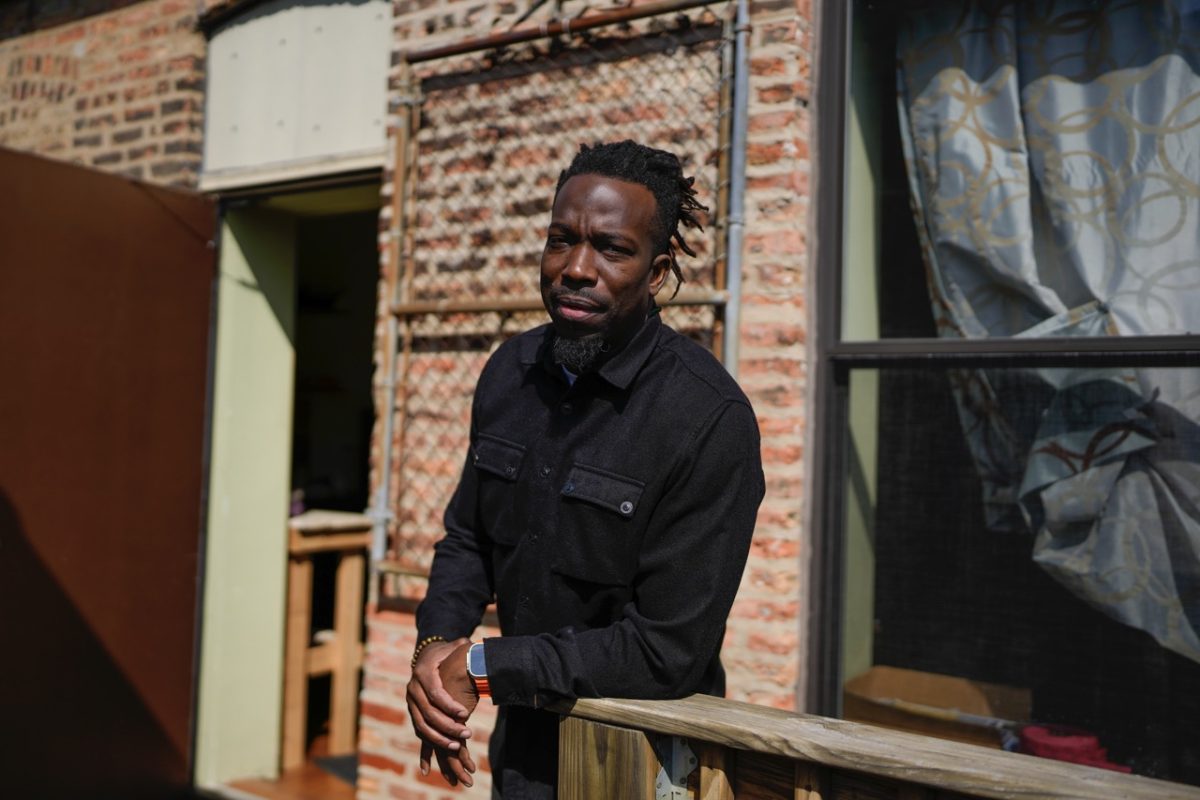The Supreme Court ruled Monday that it will not hear an appeal to a lower court decision
in Illinois that allows the recording of police officers.
The case, ACLU v. Alvarez, challenged an Illinois law that previously prohibited people
from recording police officers on duty. According to the ACLU website, allowing this
recording helps the organization monitor police practices and further its advocacy.
Ultimately, the 7th Circuit Court ruled in May that the law was unconstitutional under the
First Amendment. Cook County wanted to reverse the decision, but the Supreme Court
struck down the appeal.
Ed Yohnka, the director of communications for ACLU Illinois, said that the Supreme
Court decision returns the case to the district court level and allows the ACLU to seek a
final ruling without having to deal with further litigation at the federal level.
“We’re clearly moving forward with this process,” he said.
The May decision resulted in a temporary injunction against punishing ACLU
representatives for recording, but the organization is working toward making it
permanent.
“We believe that once that injunction is permanently in place, it will then be a precedent
for others around the state,” he said.
Yohnka said the ACLU is confident they’ll achieve its goal.
“We think that’ll happen within the next couple of months,” he added.
In addition to advancing its mission, Yohnka said police recording is a natural response
to the increase in citizen journalism and the changing dynamic of news. Anyone with a
smartphone can be a blogger or citizen journalist, he said, and the ability to freely record
police officers is one of many ways to gather and present information.
“This is sort of a natural outgrowth of this shifting of technology,” he said.
According to Jeffrey Shaman, a law professor at DePaul, the original legislation “really
wasn’t designed to protect police officers.” It was meant to protect citizens. However,
he said the language was broadly written and gave law enforcement the ability to punish
people who recorded them.
“People have a right to view the police and see what they’re doing under the First
Amendment,” he said.
Shaman believes oversight of police officers is extremely important. To him, the reversal
of this law will help guard against police brutality and other abuse.
“In the long run,” he added, “this improves law enforcement.”







